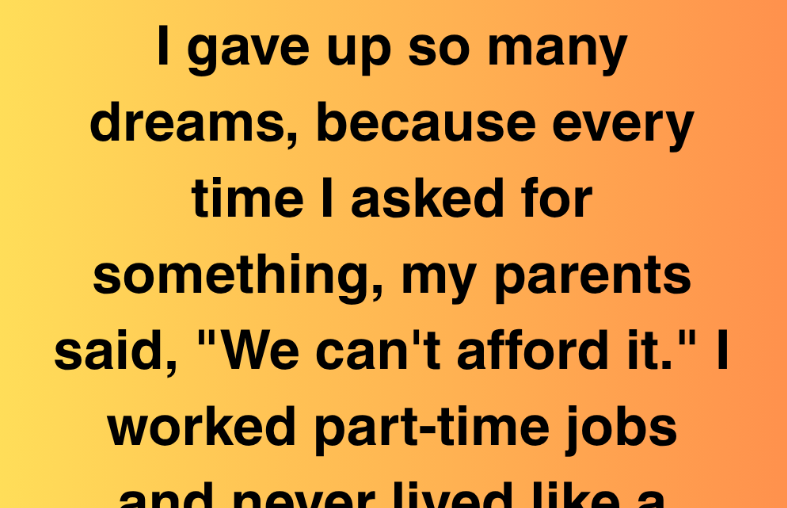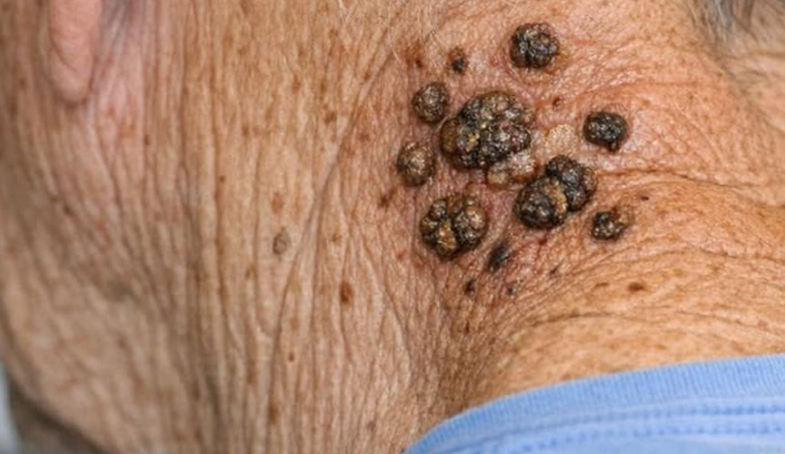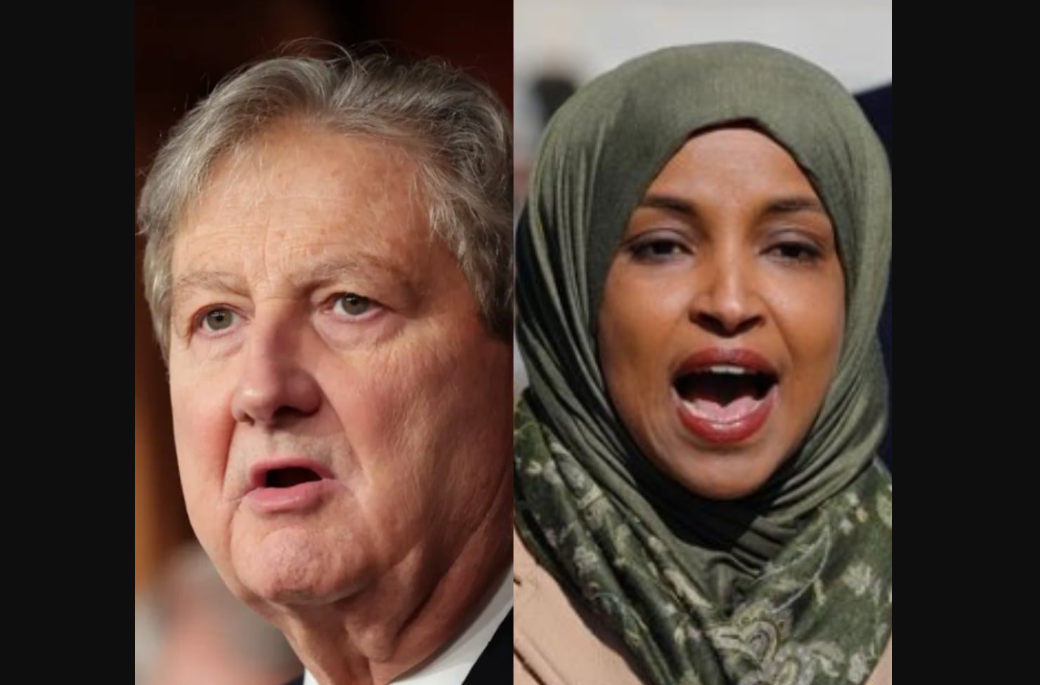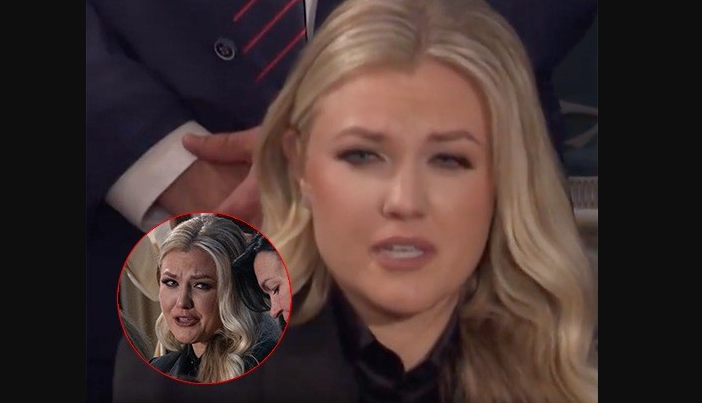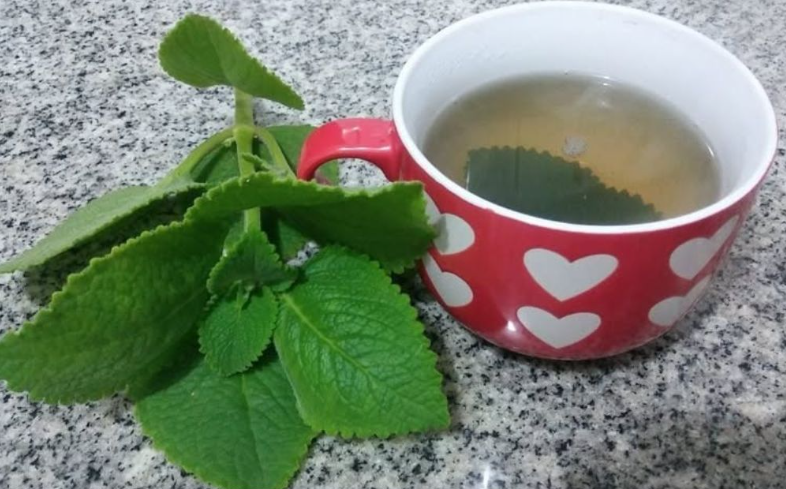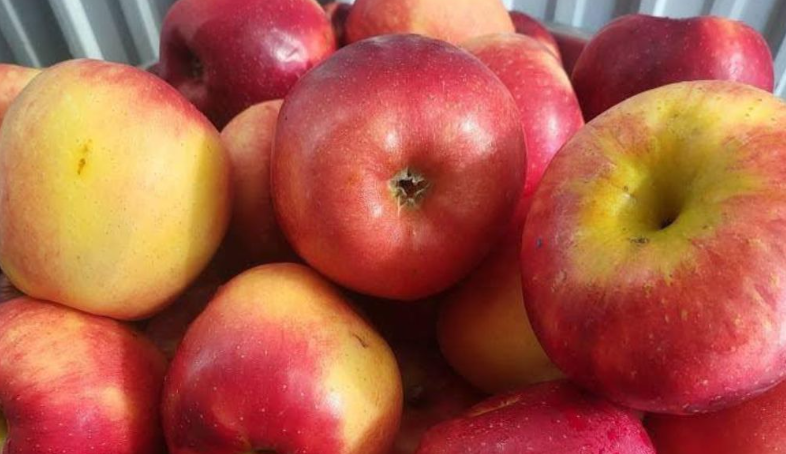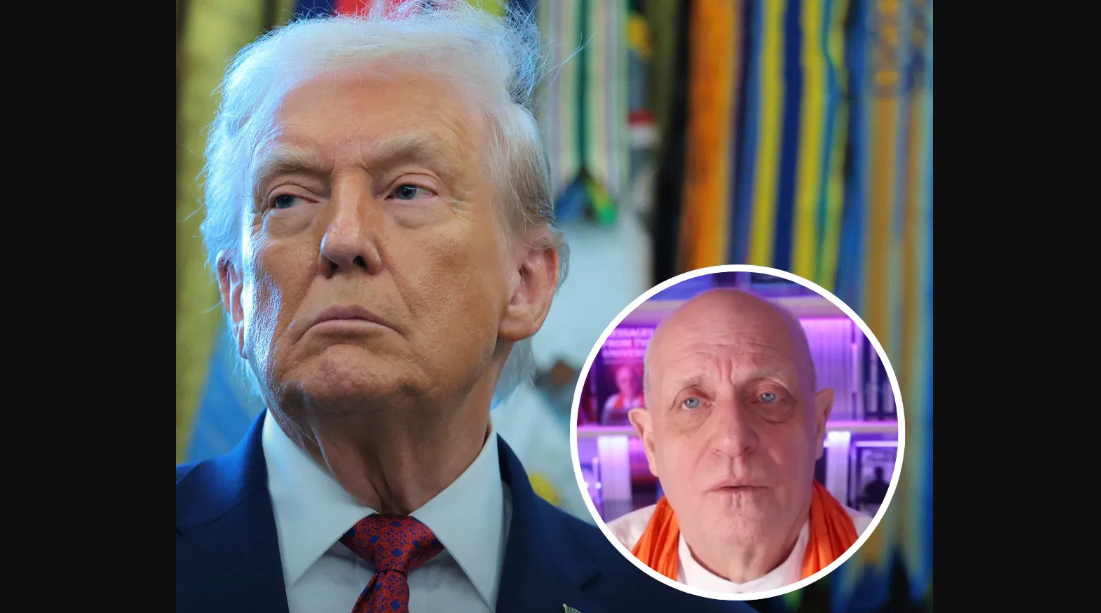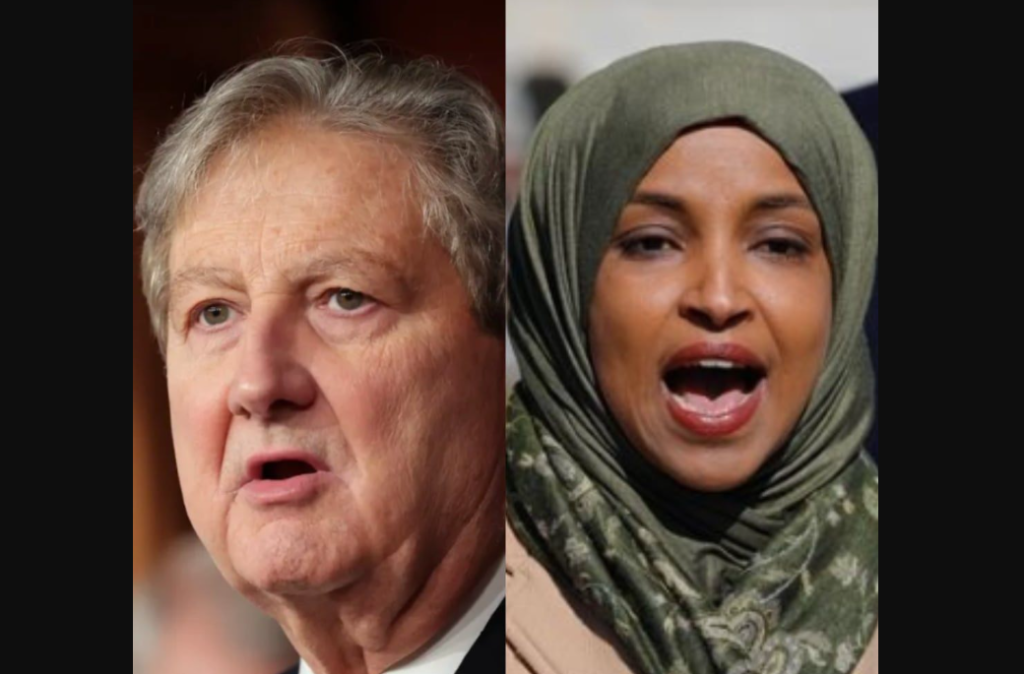As a young girl, I set aside countless aspirations because each time I voiced a desire, my parents responded, “We don’t have the money.” No prom dress, no first car, no university experience — I even declined scholarships to spare them any strain. But last week, while lingering in my dad’s office, I pulled open a drawer and stopped short. Nestled inside was a gleaming Rolex beside a bank statement displaying $780,000 under his name. My heart sank, and the room seemed to spin.
Sleep eluded me that night. At dawn, I faced my mom, my voice trembling. She exhaled, her expression calm. “I’ve known for years,” she murmured. “That money isn’t ours. It’s for his future.” Confusion gripped me until she revealed that my dad’s affluent brother, Vishal, had lifted him from hardship, funding his schooling and securing his wealth. Yet, the funds carried a catch — they were reserved solely for him, not his family. Not even for me. Every dollar, every asset, was earmarked for my cousin Sandeep instead.
Betrayal stung deeply. My dad had prioritized allegiance to his brother over us, and my mom had silently endured it. Determined to forge my own path, I left home at 22 for a paid internship in Chicago. The journey was tough, but through grit and perseverance, I carved out an independent life, free from anyone’s restrictions.
Two years on, Vishal’s passing shook our family. My dad visited me, his face etched with grief. He handed me a letter from Vishal, its words simple yet profound: “Use this better than I did.” That moment sparked change. My dad began therapy, mended his bond with Mom, and turned to me for guidance to create something worthwhile.
Together, we launched Project Nila, a learning hub offering free education to underprivileged children. Seeing my dad’s joy as he engaged with the students, I understood a vital truth: healing doesn’t stem from wealth. It flows from honesty, forgiveness, and the courage to act with purpose. Some patterns break when someone dares to say, enough is enough.
